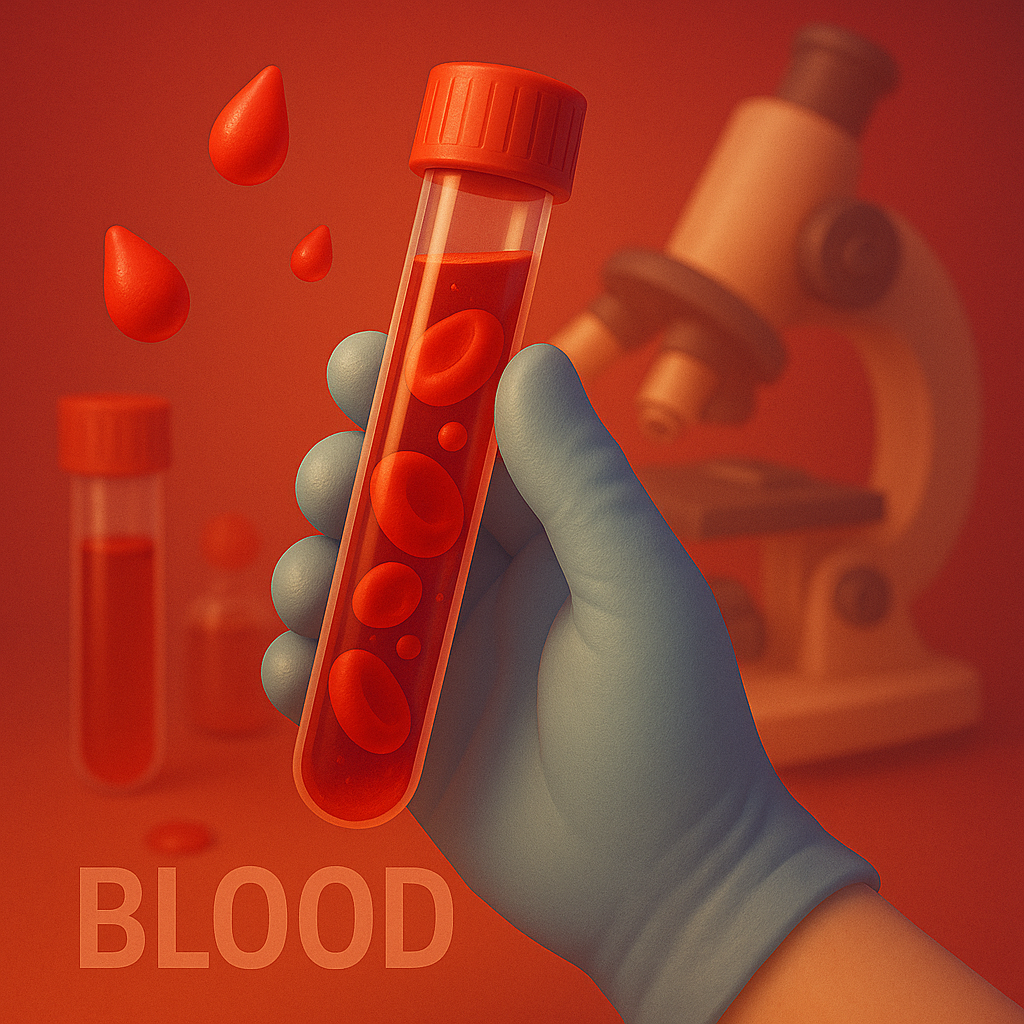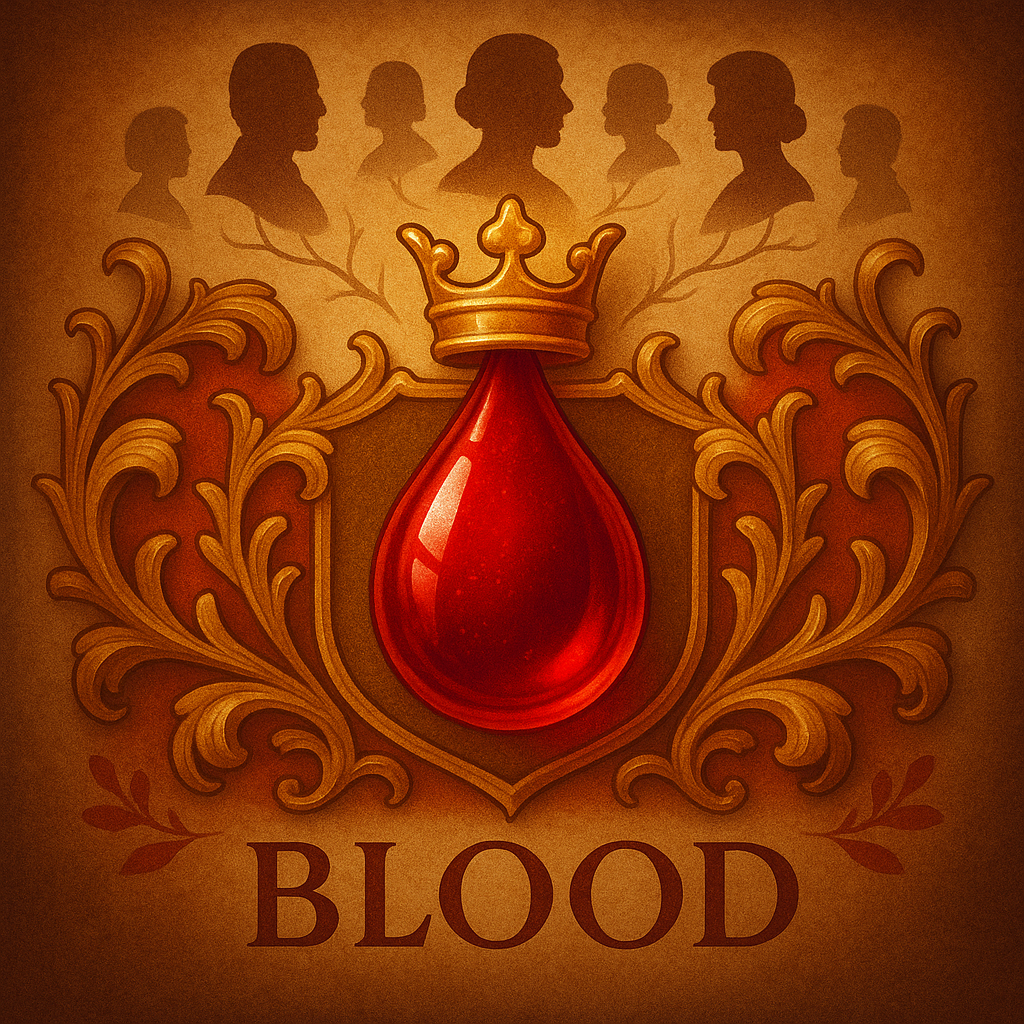Blood
Definition
Blood is a noun that refers to the red fluid circulating through the arteries and veins of vertebrates, carrying oxygen, nutrients, and waste products. As a verb, it can mean to initiate or expose someone to a new experience, often in preparation for a particular task or field.
Parts of Speech
- Noun
- Verb
Pronunciation
American English
- IPA Pronunciation: /blʌd/
- Respelling: blud
British English
- IPA Pronunciation: /blʌd/
- Respelling: blud
Etymology
The word "blood" originates from the Old English "blōd," which has Germanic roots in "*blōtham," related to the concept of liquid or fluid. It has been used in English since before the 12th century to refer to the essential fluid that sustains life in animals and humans.
Derivatives
- Bloody (adjective)
- Bloodless (adjective)
- Bloodshed (noun)
- Bloodstream (noun)
- Bloodthirsty (adjective)
Synonyms
- Plasma
- Lifeblood
- Hemoglobin
Antonyms
- None
Usage
The noun "blood" is commonly used in medical, biological, and cultural contexts. For example, "The heart pumps blood throughout the body," or "He has the blood of royalty." As a verb, it is used in phrases such as "He was blooded in battle," meaning he was initiated into a challenging experience.
Related Terms
- Vein: A blood vessel that carries blood back to the heart.
- Artery: A blood vessel that carries blood away from the heart.
- Circulation: The continuous movement of blood through the heart and blood vessels.
Detailed Definitions
Noun
- The red fluid circulating in the veins and arteries of vertebrates: Composed of plasma, red and white blood cells, and platelets, it delivers oxygen and nutrients to cells and removes waste products.
- Example: "Doctors tested his blood for various conditions."
- A lineage or family line: Refers to one's ancestral or genetic lineage.
- Example: "She comes from noble blood."
Verb
- To initiate someone into an activity or field, especially one involving conflict or hardship: Often used in the context of preparation for a challenging experience.
- Example: "The young soldier was blooded in his first battle."
blood



🇨🇳 Mandarin:
- 血液 (General term for blood)
- IPA Pronunciation: /ɕjwɛː˥˩ jɛː˩˩˦/
- Respelling: xuèyè
🇮🇳 Hindi:
- रक्त (General term for blood)
- IPA Pronunciation: /rʌkt/
- Respelling: rakt
🇪🇸 Spanish:
- Sangre (General term for blood)
- IPA Pronunciation: /ˈsanɡre/
- Respelling: sang-reh
🇫🇷 French:
- Sang (General term for blood)
- IPA Pronunciation: /sɑ̃/
- Respelling: sahn
🇸🇦 Modern Standard Arabic:
- دم (General term for blood)
- IPA Pronunciation: /dam/
- Respelling: dam
🇧🇩 Bengali:
- রক্ত (General term for blood)
- IPA Pronunciation: /rɔktɔ/
- Respelling: rokto
🇷🇺 Russian:
- Кровь (General term for blood)
- IPA Pronunciation: /krofʲ/
- Respelling: krov'
🇵🇹 Portuguese:
- Sangue (General term for blood)
- IPA Pronunciation: /ˈsɐ̃ɡɨ/
- Respelling: san-goo
🇮🇩 Indonesian:
- Darah (General term for blood)
- IPA Pronunciation: /ˈdarah/
- Respelling: da-rah
🇩🇪 German:
- Blut (General term for blood)
- IPA Pronunciation: /bluːt/
- Respelling: bloot
🇯🇵 Japanese:
- 血 (General term for blood)
- IPA Pronunciation: /t͡ɕi/
- Respelling: chi
🇻🇳 Vietnamese:
- Máu (General term for blood)
- IPA Pronunciation: /maːw˧/
- Respelling: mao
🇰🇷 Korean:
- 피 (General term for blood)
- IPA Pronunciation: /phi/
- Respelling: pi
🇹🇷 Turkish:
- Kan (General term for blood)
- IPA Pronunciation: /kan/
- Respelling: kahn
🇵🇰 Urdu:
- خون (General term for blood)
- IPA Pronunciation: /xuːn/
- Respelling: khoon





